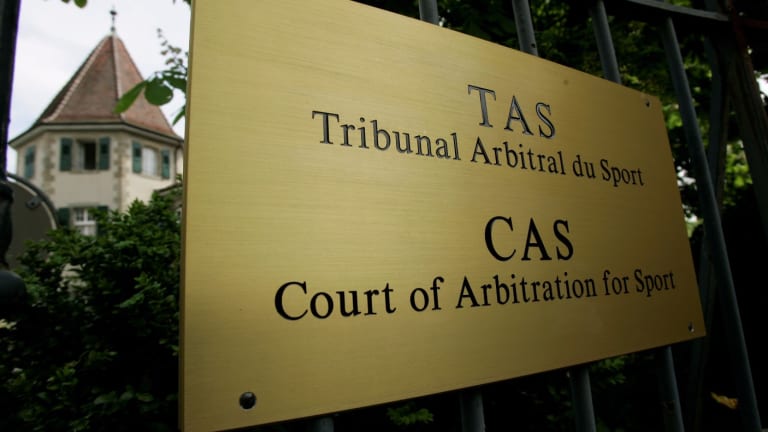We are delighted to announce that our firm successfully represented a Serbian player in a CAS arbitration against a foreign club (the Parties wished to remain anonymous). The case involved regular football issues of non-payment of salaries, training alone and requirements for contract’s validity.
After being dissatisfied with the Player’s performances, the Club decided to underpay him in order to force an undue termination. Once the Player put the Club in default, the latter instructed him to train with the youth team and/or alone (during the worst possible summer heats). In addition to the foregoing, the Club initiated two moot disciplinary proceedings and imposed financial fines on the Player, in order to artificially ‘cure’ its default. Under these circumstances, the Player terminated the contract and filed a claim to FIFA.
During the FIFA proceedings, the Club, inter alia, submitted a falsified document, alleging that certain payment was made towards the Player in cash, which would, in combination with moot disciplinary fines, ‘settle’ the Club’s debt. However, FIFA ruled in the Player’s favor fully and awarded him the additional compensation of three monthly salaries from Article 17(1) lit ii) of the FIFA RSTP.
During the appeal procedure, the CAS has dismissed the appeal and concluded that registration of an employment contract at a football association does not constitute a condition for its validity. Likewise, the CAS found that there was no any bona fides basis for the disciplinary proceedings against the Player (as such, they were disregarded).
Moreover, the instructions given by the Club’s main [unofficial] sponsor and principal person behind the club to the Club’s Head Coach not to include the Player in the team’s last three matches were regarded by the CAS as decisions of the Club. This conclusion is important for the jurisprudence in general, because it is not uncommon that the clubs are run and influenced by persons who do not hold official positions.
Finally, we were able to prove, via expert witness, that the foregoing payment confirmation produced by the Club was falsified. It is noteworthy that the expert opinion was submitted after the appeal brief and response had been exchanged. However, when the Club was invited to comment on our submission (corroborated by the expert opinion), it did not object to the admissibility of the opinion, which made the CAS to consider that the opinion dully forms a part of the case file.


